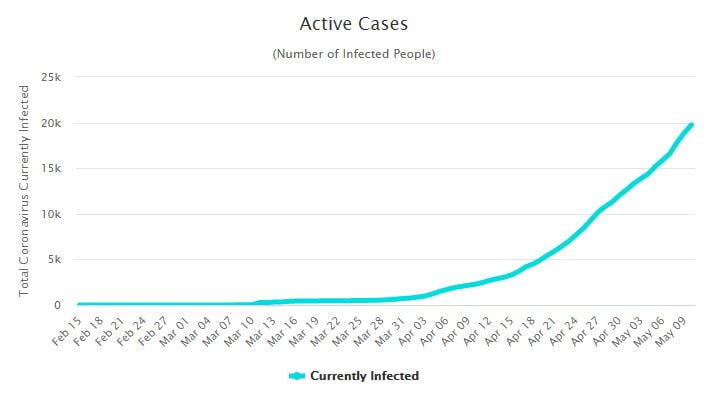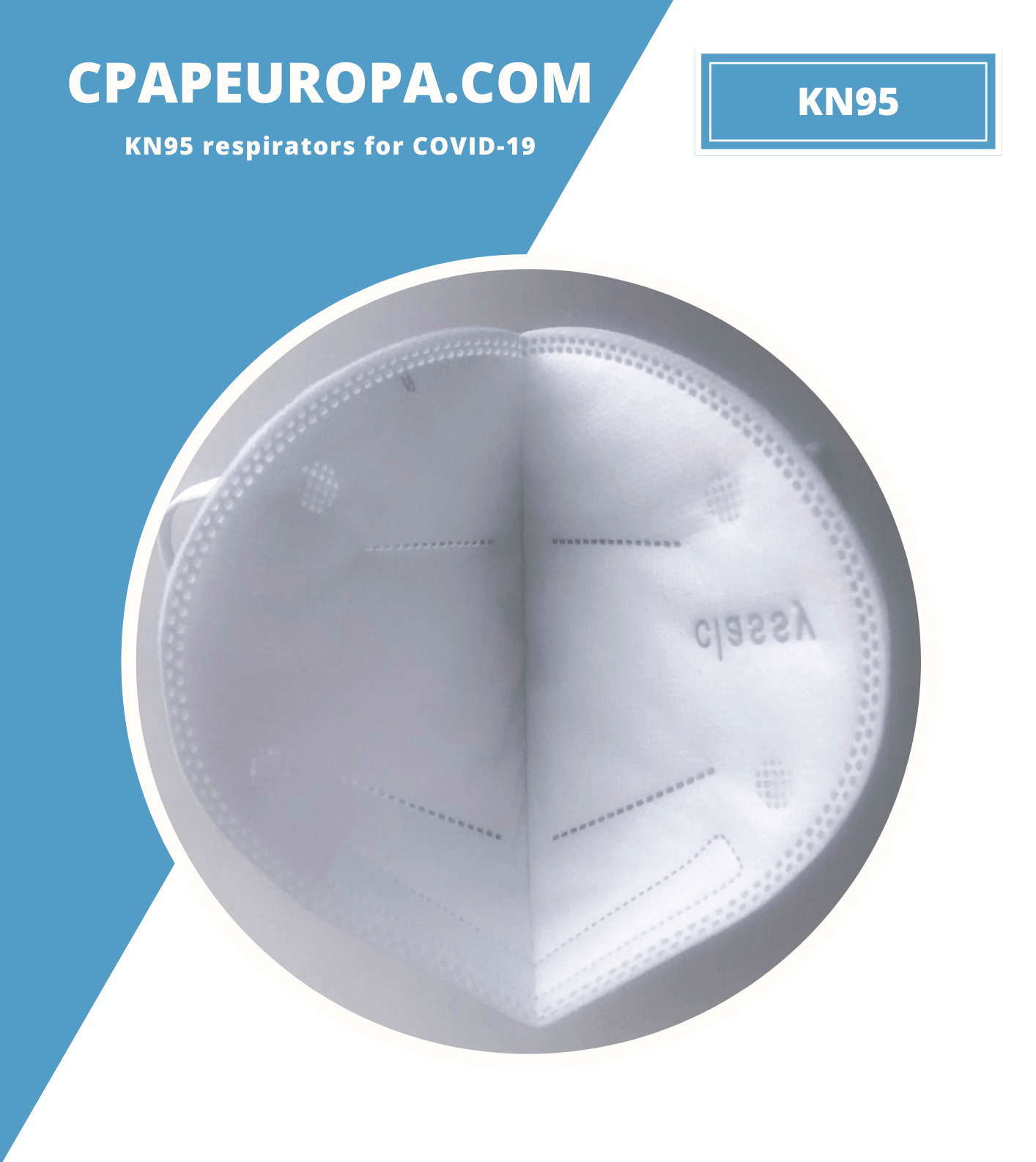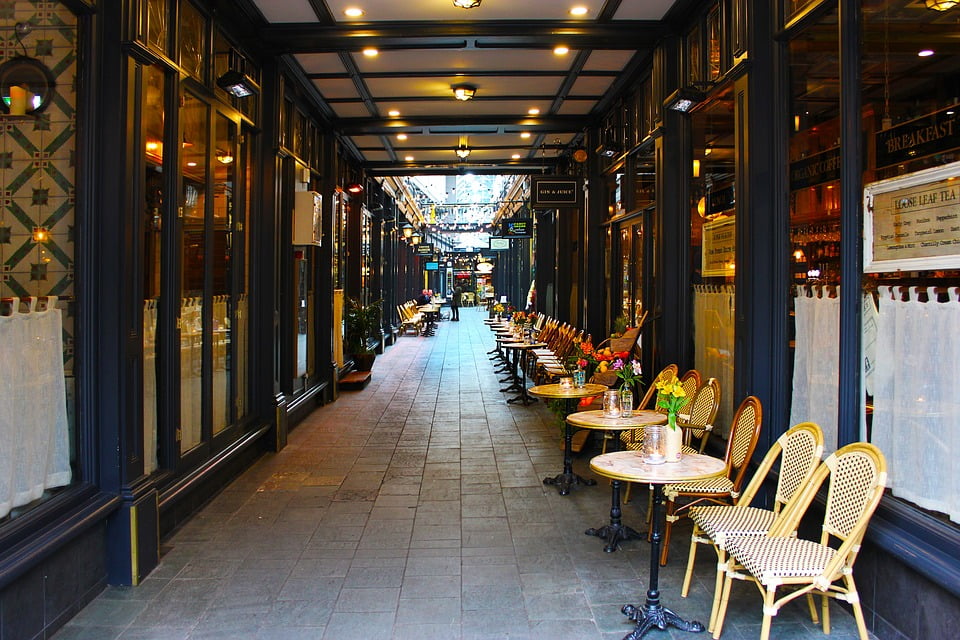
As of April 26 wearing protective masks against the coronavirus spread has become mandatory in Qatar. The local government made the wearing of face masks compulsory for several sectors, and non compliance with the new rule attracts up to 3 years imprisonment and a fine.
Workers in the contracting sector are have to wear masks while carrying out their duties and tasks. The new rules apply to government employees workers in the contracting sector, shoppers at food and catering stores as well as offices.
Officials in the contracting sector are obligated to provide such masks for their employees while also adhering to the strict precautionary measures introduced since the coronavirus COVID-19 pandemic arrived in the country in late February. Such measures –and not only in Qatar, but elsewhere in the world–are unlikely to drop until Government learn how to effectively control the pandemic, or a working vaccine is introduced.
The obligatory mask wearing decision was announced immediately after a meeting between the Minister of Justice and Acting Minister of State for Cabinet Affairs Dr Issa bin Saad al-Jafali al-Nuaimi.

To this date Qatar has 22.520 confirmed coronavirus cases and 14 deaths.
So far Qatar has been using the most popular medical mask for coronavirus protection – the N95 / KN95 mask approved by the FDA.
All government and private employees whose work involves communicating with people in person are obligated to wear masks on duty, just like people visiting ministerial offices or other public or private buildings with office locations.
Meanwhile around the world

As the largest manufacturer of KN95 masks, China is currently the 11th most affected by the disease country
with almost 83 000 confirmed cases and 4,633 deaths. The United States is holds the record for the most affected nation with the whopping 1,363,517 confirmed cases and 282,494 deaths. Much of western Europe and the United States right now are struggling daily to stem the spread.
In Sweden — So far the pandemic in Sweden has lead to 3.200 deaths and more than 26 000 confirmed cases (Arpil 11 data). The Swedish schools have also remained open while neighboring countries have their schools shut down for weeks.
Meanwhile, the Swedish government is on a new kind of Coronavirus hunt trying to come up with an early detection method involving widespread sewage water testing for the presence of the COVID-19 pathogen.
What happens in Sweden is particularly interesting as the Swedes are still allowed to visit cafés, restaurants and parks without having to wear face masks.
N95 respirators and their Chinese equivalent KN95 are currently used worldwide in both industrial and health care settings, as well as by the public where available.
In other news:
Inogen (NSDQ:INGN) shares took a big hit on first-quarter results
The Goleta, Calif.-based company posted losses of -$1.6 million for the three months preceding March 31. That is a -7¢ loss per share, on sales of $83.1 million. Despite the 1.9% decline on its sales, Inogen remains the global leader in portable oxygen therapy and was the company of choice for Direct Relief, who in March donated $2 million for the purchase of Inogen One portable concentrators.
“As a global leader in portable oxygen therapy, Inogen is working hard to meet the needs of oxygen therapy patients worldwide, including those suffering from COVID-19 during this unprecedented time,” said Inogen president & CEO Scott Wilkinson.
“It is our mission to improve the freedom and independence of respiratory patients, and we intend to help as many patients as possible during this difficult time.”
Despite the bad news, the company’s business-to-business sales were reportedly up 5.7%. The rise is attributed as a direct result of the worldwide COVID-19 pandemic, which increased the demand for home medical equipment, including CPAP & BiPAP devices normally used to treat obstructive sleep apnea (OSA).
 4.8 out of 5 based on 182 reviews
4.8 out of 5 based on 182 reviews 

